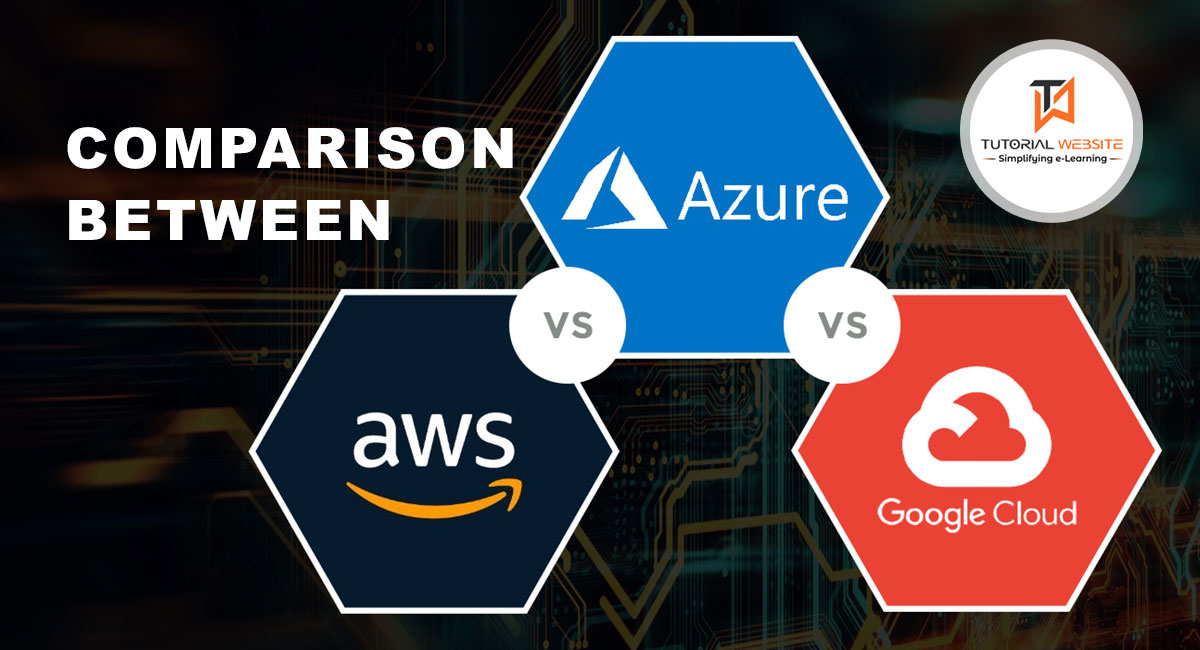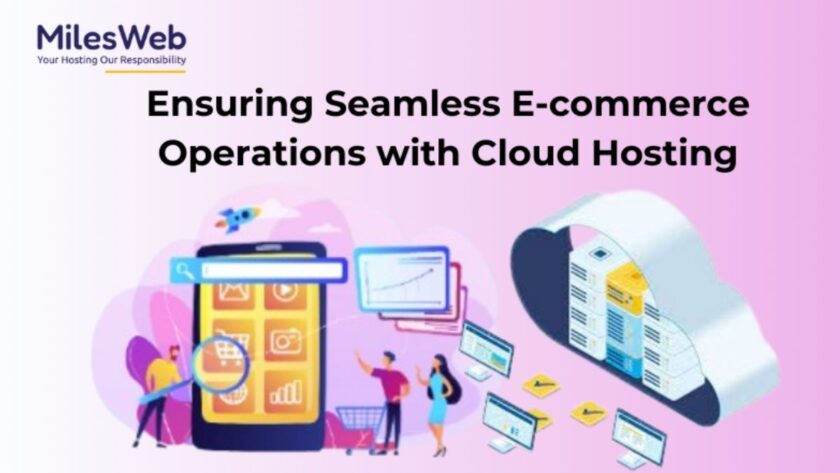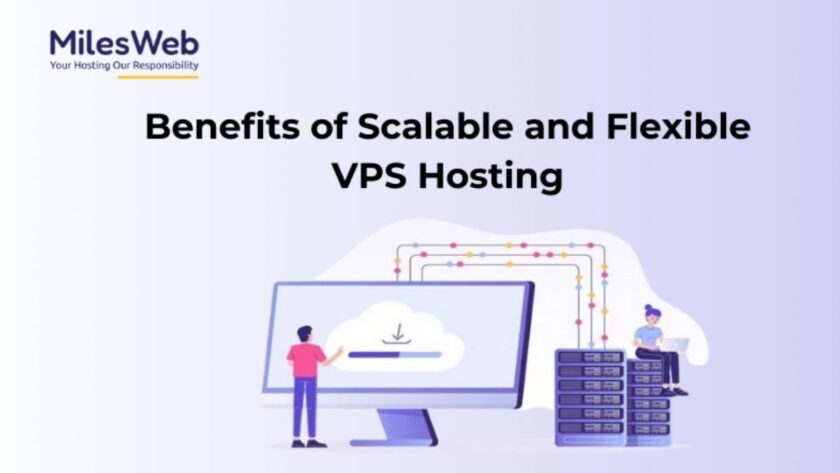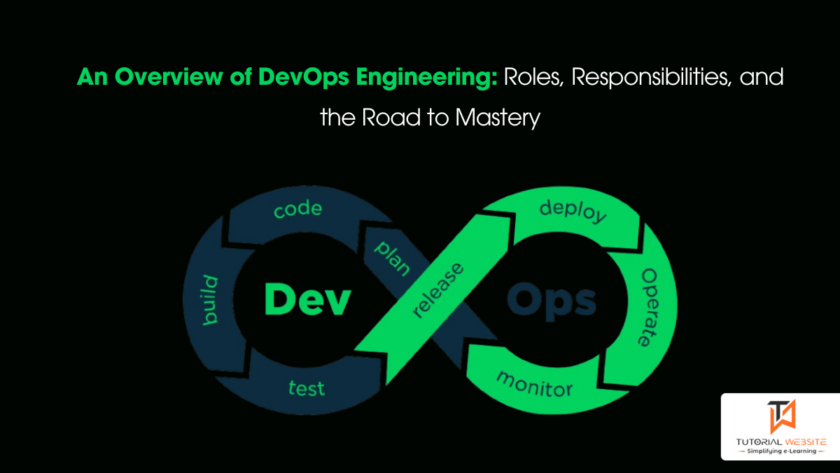Introduction
Choosing the best cloud computing is now becoming a major aspect for businesses as applications are moving out to innovate, enhance agility, and reduce expenses. The market need for cloud computing services is increasing day by day and all these three platforms are gaining immense popularity and becoming a three-way race between the top cloud providers. These three are the leading and most powerful cloud computing platforms that hold a commanding lead in the IaaS and PaaS markets.
If we compare AWS with other cloud providers, it offers incredibly more services and features whether it is infrastructure technologies or other services you need. Azure allows you to add cloud capabilities to your existing network and utilize Azure functions to create HTPP_based API endpoints to make the process simple and respond to events. Whereas GCP allows quick collaboration and access to projects in the cloud instead of their computers.
Amazon, Google, and Microsoft dominate the serverless architecture providing the most reliable, flexible, and secure cloud services. Their respective cloud platforms offer a variety of storage, networking options, and computing. These platforms offer some common features that include identity management, instant provisioning, security and compliance, self-service, and autoscaling among others.
Currently, AWS is considered one of the biggest cloud storage platforms compared to Azure and GCP when it comes to maturity and functionality. However, Azure and Google Cloud are also improving their services and establishing their market dominance.
In this post, we’re going to compare the leading serverless architecture providers: AWS vs Azure vs Google Cloud market share. So without any further delay, let’s get started!
Have a look at the summary cloud comparison between AWS vs. Azure vs. Google:
Amazon Web Services
The capabilities of Amazon are powerful and unmatched. Yes, its cost structure is really confusing as it focuses on the public cloud instead of the hybrid and private cloud. That means that interoperating with your data center is not Amazon’s main priority.
In 2006, AWS was publicly launched to offer services such as Simple storage service, Elastic compute cloud, and much more. By the end of 2009, EBS was declared public and its amazing services joined the AWS cloud computing service offerings.
AWS is the most powerful and mature cloud platform as compared to Azure and Google as it offers a variety of services. It is one of the oldest and most widely used cloud storage platforms that have established a bigger user base, improved trust, and reliability factors. Some Prominent AWS customers are Netflix, Airbnb, Coca-Cola, Formula 1, Expedia, and many more.
Suggested Read: How to Install PHP 7.4 or 7.3 or 7.2 on AWS EC2 Instance
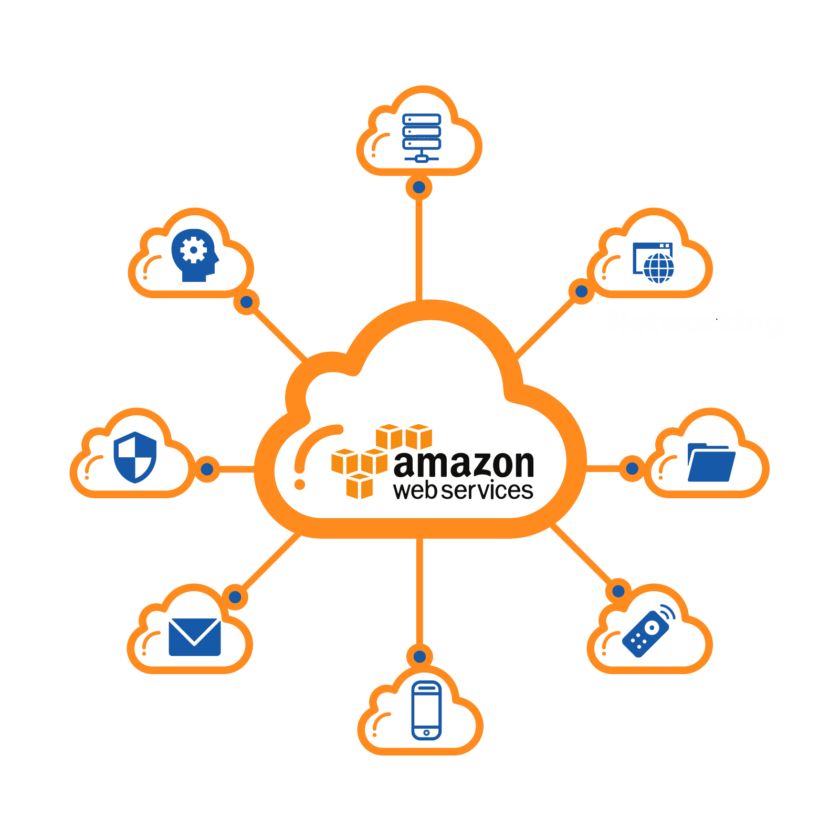
Microsoft Azure
In 2010 when Microsoft Azure was launched its main purpose was to provide the best cloud service and give competition to other cloud platforms. In the last few years, it has been advancing at a rapid pace and is doing well among its competitors. It is now a close competitor to AWS and the second-largest cloud platform. Not only this, but it is among the fastest-growing cloud platforms that work really hard to interoperate with various data centers.
Microsoft Azure offers numerous amazing services to businesses that are specially tailored for Microsoft-centric enterprises that allow you to transform to a cloud or a hybrid-cloud environment easily. Despite this, it also supports open-source technologies and platforms that allow you to design and support any application.
Renault, Starbucks, Asos, HSBC, 3M, HP, and Walgreens are some of the best and most well-known Azure customers.
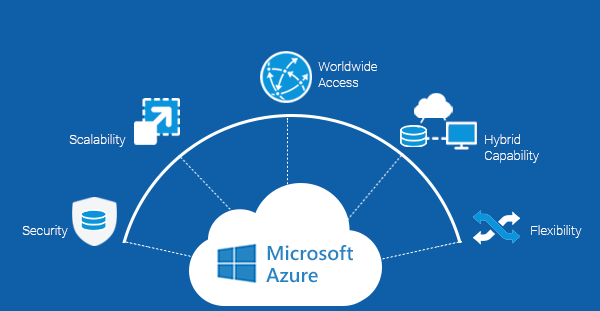
Google Cloud
You’ll be surprised to know that this quarter GCP reported revenue of more than $4 billion which is an increase of 46% year-over-year. The Google Cloud unit includes the Google cloud platform as well as Google Workspace, so it is benefitted from both sides.
As we all know, GCP is a part of the Google Cloud that offers more than 100 services spanning computing, big data, networking, and much more to support any application. Currently, GCP offers services such as Chrome OS, Google Workspace, and enterprise Android. But if we compare GCP with AWS and Microsoft Azure, it is the smallest of the Big 3 Cloud providers but yet it is powerful.
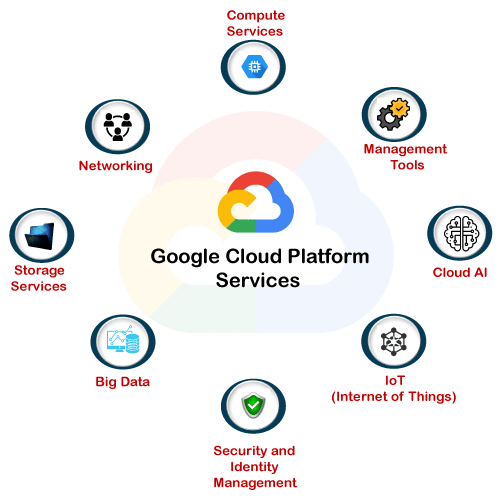
Toyota, Twitter, PayPal, Spotify, UPS, Target, Unilever, and The Home Depot are some of the well-known customers of GCP.
AWS vs Azure vs Google Cloud: Database services
| Database Services | AWS | Microsoft Azure | Google Cloud |
| RDBMS | Amazon Relational Database Service | SQL Database | Google Cloud SQL |
| NoSQL: Key-value | Amazon DynamoDB | Table Storage | Google Cloud DatastoreGoogle Cloud Bigtable |
| NoSQL: Indexed | Amazon SimpleDB | Azure CosmosDB | Google Cloud Datastore |
AWS vs Azure vs Google Cloud: Feature-wise Comparison
| Features | AWS | Microsoft Azure | Google Cloud |
| Backup services | Glacier | Archive storageBackupSite recovery | NearlineCodeline |
| Documentation | Best in class | High quality | High quality |
| Caching | Elastic cache | Redis caching | Cloud CDN |
| File storage | EFS | Azure Files | DFS and Avere |
| Notification | Amazon simple notification service | Azure notification hub | None |
| DNS Services | Amazon route 53 | Azure traffic manager | Cloud DNS |
| Compliance | AWS CloudHSM | Azure trust center | Google cloud platform security |
| Automation | AWS Opswork | Azure automation | Compute engine management |
| Security | AWS security hub | Azure security center | Cloud security Cloud center |
| Load balancing | Elastic load balancing | Load balancing for Azure | Cloud load balancing |
AWS vs Azure vs Google Cloud: Compute Service offerings
Let’s have a sneak peek at the computing services of the best cloud service providers: AWS vs Azure vs Google Cloud
| Services | AWS | Azure | Google Cloud |
| IaaS | Amazon Elastic Compute Cloud | Virtual Machines | Google Compute Engine |
| PaaS | AWS Elastic Beanstalk | App Service and Cloud Services | Google App Engine |
| Containers | Amazon Elastic Compute Cloud Containers Service | Azure Kubernetes Service | Google Kubernetes Engine |
| Serverless functions | AWS Lambda | Azure functions | Google Cloud Functions |
AWS vs Azure vs Google Cloud: Hybrid and Multi-Cloud offerings
Although all of these three cloud providers have not yet dipped their toes into the multi-cloud space, they now offer various tools to offer their customers more cloud setup flexibility:
Amazon Web Service
- Amazon EKS Anywhere
- AWS Outposts
- Amazon ECS Anywhere
- AWS Snowball
- AWS Wavelength
- VMware Cloud on AWS
- AWS Local Zones
- AWS Snowcone
Microsoft Azure
- Azure Centinel
- Azure Arc
- Azure Security Center
- Azure Stack
- Azure Blob Storage
- Azure Active Directory
- Azure Backup
- Azure Stack
Google Cloud
- Cloud Run for Anthos
- Anthos
- Traffic Director
- Looker
- Cloud Builder
- Operations
AWS vs Azure vs Google Cloud: Pricing Chart
| Machine Type | AWS | Microsoft Azure | Google Cloud |
| Smallest Instance | If you have 2 virtual CPUs having 8 GB RAM, it will cost you 69USD per month. | Similarly, having 2 virtual systems having 8 GB RAM can cost you 70USD per month. | If you have 2 virtual CPUs having 8 GB RAM, it will cost you 52USD per month. |
| Largest Instance | But if we choose the largest instance having 3.84 TB RAM and 128 vCPUs, it can cost you around USD 3.97/hour. | If we choose the largest instance having 3.84 TB RAM and 128 vCPUs, it can cost you around USD 6.79/hour. | If we choose the largest instance having 3.84 TB RAM and 128 vCPUs, it can cost you around USD 5.32/hour. |
The Google Cloud Platform provides a pay-per-second billing option whereas AWS and Microsoft Azure offer pay-per-minute billing options. However, GCP offers various discounts to reap maximum benefits and demand influx.
Key Takeaway
We have a battle between the best cloud service providers: AWS vs Azure vs GCP and after reading this post we’re also aware that it is not easy to choose the most reliable and top cloud service. All these cloud platforms offer the best services and features to their customers and work relentlessly to serve organizations and satisfy their requirements.
If we consider all things, it is good to say that choose a cloud provider that suits your requirements rather than choosing the best service provider.
We hope you find this article helpful. It would be great for us if you share this post on Facebook or Twitter to reach more audiences. Feel free to approach us in the comment section given below and ask your queries.
Thank you!


Vikas Maurya is a professional blogger and Data analyst who writes about a variety of topics related to his niche, including data analysis and digital marketing.


